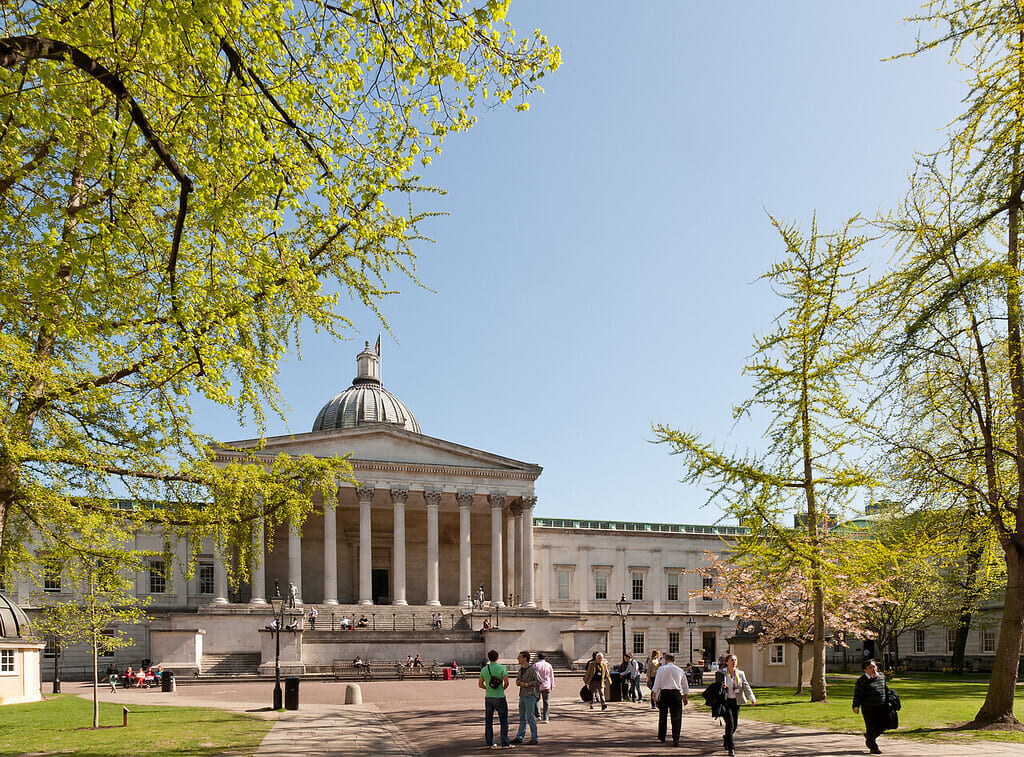From groundbreaking discoveries to pioneering innovations, University College London (UCL) has consistently pushed the boundaries of scientific exploration since its founding in 1826.
The Chemistry Department, in particular, quickly gained a reputation for its innovative research and high-quality education. Ranked as one of the top chemistry departments in the UK, UCL is currently second for its impactful research and is consistently placed in the global top 20 across various university rankings. For those aiming to solve contemporary scientific challenges, there is no better place to gain advanced knowledge and experience.
The department is home to over 50 academic staff members, all engaged in world-leading research. Specialising in fields like organic synthesis, chemical biology, nanotechnology, and chemical physics, the department offers a diverse range of expertise in chemistry.

The Chemistry Department offers five Master of Science programmes accredited by the Royal Society of Chemistry: Applied Analytical Chemistry, Materials for Energy and Environment, Materials and Molecular Modelling, Organic Chemistry: Drug Discovery, and Chemical Research, and one new MSc in Sustainable Chemistry.
All programmes provide students with hands-on experience at the cutting edge of chemistry, materials, and modelling. This practical exposure, combined with research and critical thinking skills, makes UCL’s chemistry programmes an ideal choice for academic and commercial career paths.
1904
the year Sir William Ramsay won a Nobel Prize in Chemistry
#3
nationally for 4-star research outputs (REF 2021)
#9
in the QS World University Rankings 2026
#1
in Asia (QS World University Rankings 2024)
#8
8 in the world (QS World University Rankings 2024)
1
year to complete Master of Arts
Explore UCL’s innovative chemistry programmes
MSc Applied Analytical Chemistry
This programme equips students with the skills to design, build, and use analytical devices for meaningful insights. Covering a wide range of topics, from medical diagnostics to environmental monitoring, the programme equips students with a solid understanding of core principles in analytical chemistry, focusing on matrix interactions, target analytes, data generation, and interpretation.
It’s the best one-year, full-time programme for those looking to pursue a career in analytical science, whether in traditional fields or specialised applications. UCL’s graduates are ready to make a real impact in the growing field of analytical chemistry.

MSc Sustainable Chemistry
This one-year, full-time programme is new, designed to address the growing need for green-minded experts in the chemical and pharmaceutical industries. Students gain interdisciplinary knowledge of chemical sustainability and green chemistry, setting them up to tackle global challenges like climate change, pollution, clean water, and plastic recycling.
By focusing on these critical issues, the programme aims to train the next generation of scientists capable of driving innovation and change in the chemical industry and making a real difference in the world.

MSc Materials for Energy and Environment
This programme is ideal for those seeking expertise in energy and materials science to address the urgent challenges posed by the climate crisis. The curriculum deepens one’s understanding of materials science in relation to energy and environmental technologies, while research areas cover everything from developing batteries and fuel cells to studying new water-splitting catalytic materials.
The programme includes courses in chemistry and physics, providing students with a broad skill set that makes them highly attractive to future employers. It’s an excellent choice for anyone eager to contribute to the future of energy and the environment.

MSc Materials and Molecular Modelling
This programme addresses the rising demand for professionals trained in computational molecular sciences. It teaches students advanced simulation tools used across various fields, such as catalysis, energy materials, nanotechnology, and drug design.
The goal is to achieve a deep understanding of molecular modelling and state-of-the-art simulation techniques, helping them explore how molecular-level properties influence the behaviour of materials. The skills learned are highly transferable, opening up a wealth of employment opportunities.

MSc Organic Chemistry: Drug Discovery
This programme transforms students into skilled professionals in the pharmaceutical and biotechnology industries. Students receive comprehensive training in synthetic organic chemistry, focusing on drug design, advanced organic synthesis, and molecular modelling. They gain hands-on experience in various synthetic methodologies, preparing them to lead the discovery of new medicines.
With the pharmaceutical sector being a major employer in the UK, graduates are highly sought after. Recent alumni have pursued PhD positions, joined the industry, or entered teacher training, showcasing the diverse opportunities available to them.

MSc Chemical Research
The programme is ideal for those looking to pursue a research career. Students receive intensive, hands-on training in scientific research methods and techniques using cutting-edge tools. With research spanning areas like organic molecule development, theoretical studies, and new material synthesis, there is a wide range of projects to match various aspirations. This Masters is flexible and is the perfect choice for someone who would like to choose their own speciality in Chemistry.

An enriching chemistry education awaits at University College London.









